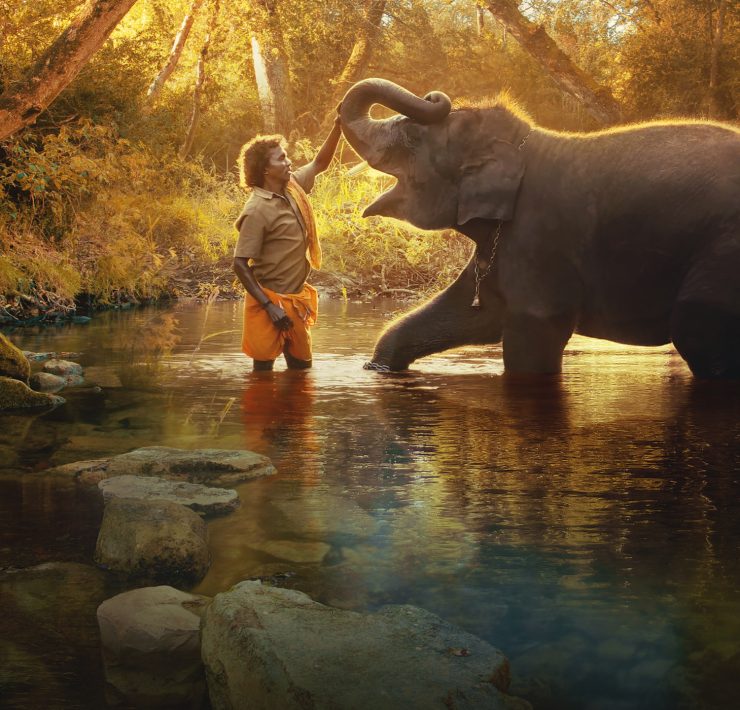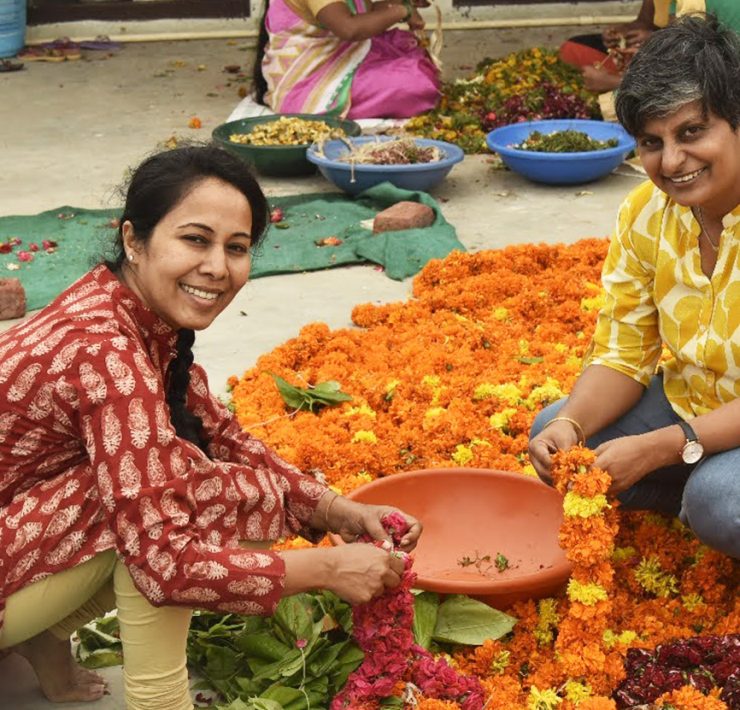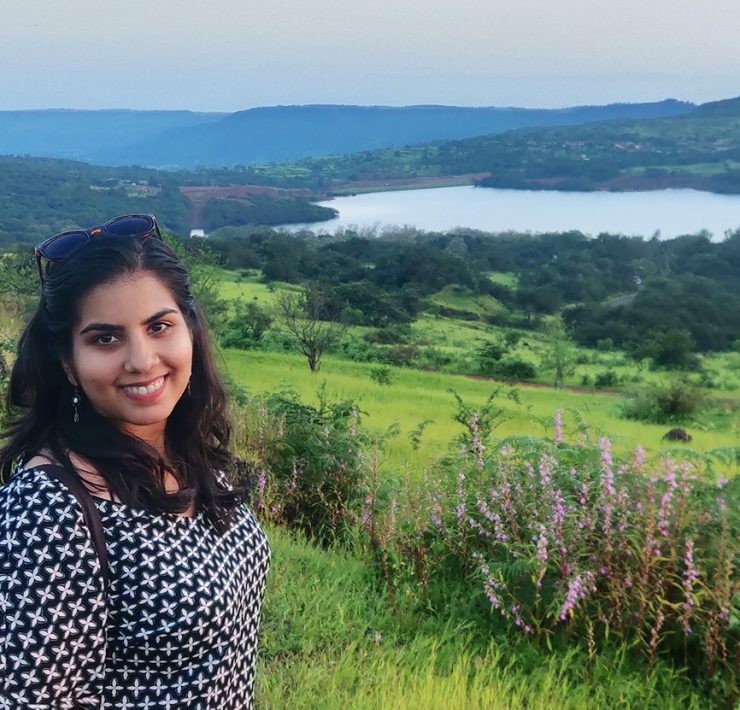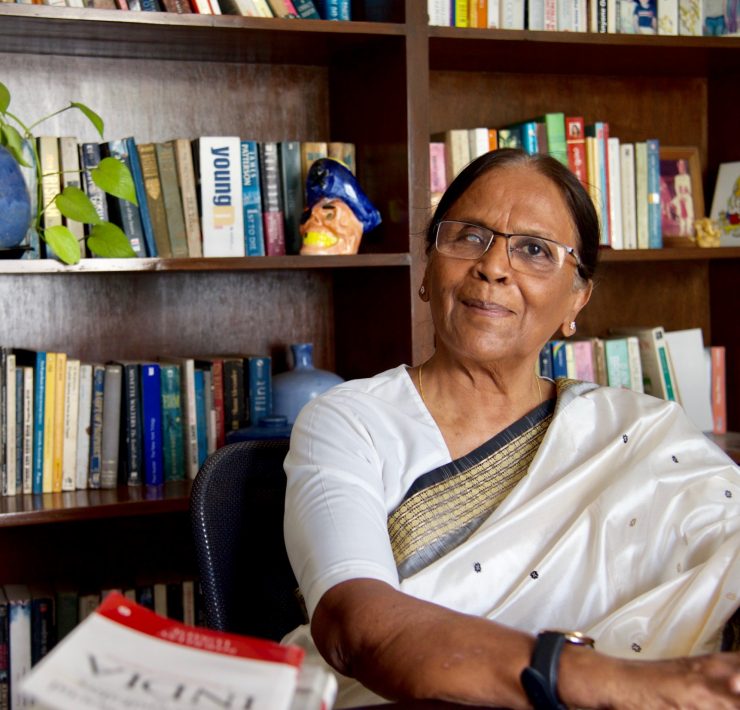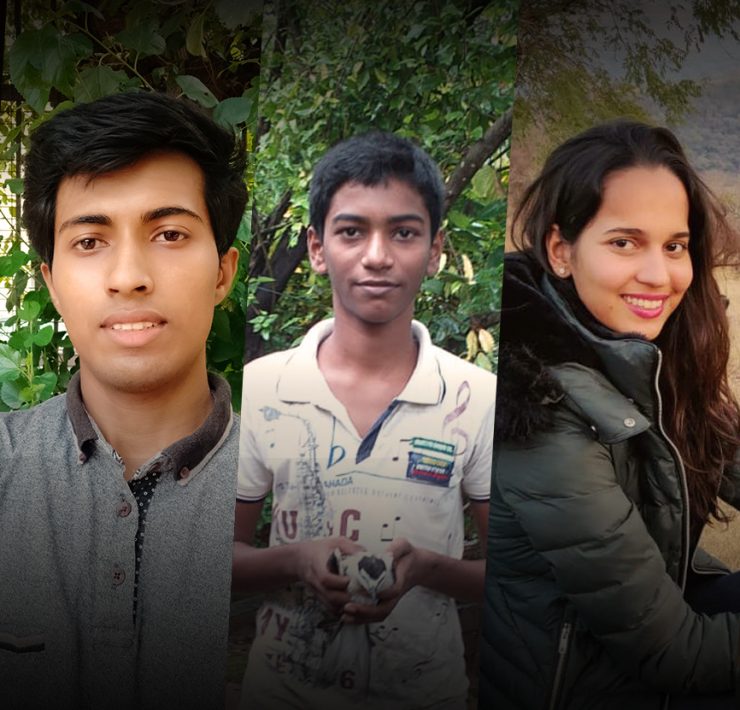“Be the alarm, not just the alarmist”
- A food and agriculture consultant, Subham Kar Chaudhuri of Extinction Rebellion, Mumbai, tells us why we should no longer keep calm over the climate crisis.

Sushmita Murthy is a features writer with a penchant for…
Known for its dramatic and alarmist protest language around the world, Extinction Rebellion has changed the narrative around the climate talk. In a quick Q&A with the face of its Mumbai chapter, Subham Kar Chaudhuri, we list the reasons why a brick-in-the-wall attitude seems most reasonable for the times we live in.
What are the 3 worrying climate changes that according to you have affected local farming/agriculture?
- Ground water shortage
- Increasing heat
- Unreliable rainfall
Untimely rainfall is devastating crop patterns and seriously hampering the growth of certain varieties. A combination of the above reasons has led to severe loss of labour; farmers leaving their villages to migrate to nearby cities, to rather be a security officer than toil in the fields under the hot sun, because it pays more.
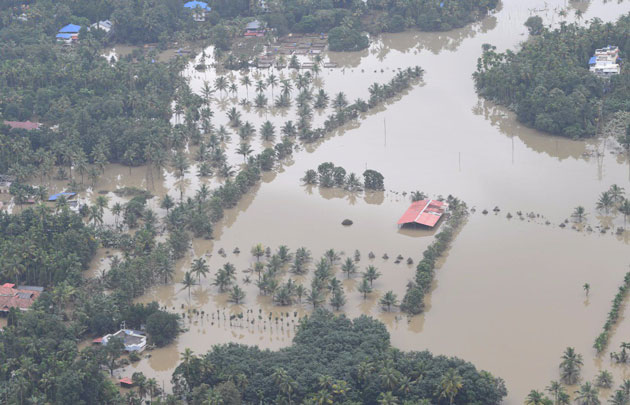
The consequence of all of this is that the food basket will decrease in variety and so will the nutritional security. This means we won’t be able to grow certain varieties of crops/fruits/veggies. As a result, farmlands will be sold to conglomerates, which will eventually grow genetically modified crops that are tolerant to both – draught and disease.
What are the 3 simple facts that could put the climate crisis in perspective for an environmental skeptic?
Global heating (we’re beyond ‘global warming’) multiplies the risk of virus infections by changing the environment of the pathogens and vectors and reducing the immunity of the human body. The locusts and Corona virus outbreaks are fine examples of this, with the WHO claiming that antibiotic resistance would be beating cancer deaths by 2050!
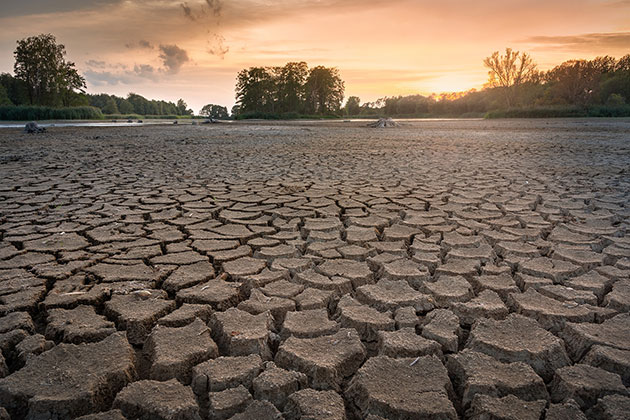
There are a record number of animals dying every day due to the rising temparatures. Ecologists estimate that 1 billion animals have died in Australian bushfires alone!
Climate change has made floods an annual affair in Kerala. This must raise red flags!
Please list 3 things that people who care about the planet (or breathe to survive) must do to make a difference to the climate change conversation.
- Dedicate time towards educating those who don’t know yet – friends, colleagues, marginal communities
- Share relevant information on social media to be the alarm and not just an alarmist
- Read more on the issue to actualise the pace of the crisis; be inclusive in conversation and not just reactive
How would you describe XR Mumbai’s approach to highlighting the climate crisis or mobilizing action against it?
XR Mumbai is using art and culture to work with grassroots communities and spread awareness. We’re working with the media and through social media to reach out to more people. We are also a movement of movements, so we spend a lot of our capacity to help other movements connect.
What plans does XR Mumbai, or in extension, Extinction Rebellion India have to mobilise action beyond conversation?
We have a national media campaign called ‘Tell The Truth’ – where we pressurize the government to tell the truth about the extent of the ecological crisis by declaring a climate emergency. They must work with other groups and communities to urgently convey the need to change the way we are dealing with the crisis.
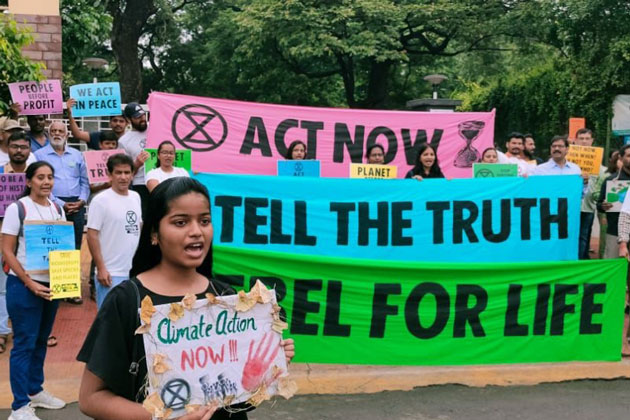
We know that this is not a one-team job. Climate crisis if taken as a giant monster has multiple heads cropping up . We can’t fix isolated issues (only) and expect a uniform outcome. There is no template to save the world.
One of our initiatives is at a fishing village called Chimbai in Maharashtra, where we are using art to communicate with the grassroot communities. We now have researchers individually helping us to put out content on our social media. This year is crucial as 2020 is possibly the final year to start with a good foot forward for the government. Policies take time to change, so the best time to act is now!
We will keep spreading awareness to meet with our first demand, “Tell The Truth”, after which we will move to “Act Now” where we push for realistic climate action plans, ask questions on budget allocation and utilisation etc. It’s an organism and it’s growing in different directions. We ultimately want people’s assembly to be a format of direct democracy, so people can make decisions for themselves and for their communities.
Sushmita Murthy is a features writer with a penchant for exploring topics related to sustainability and a seasoned procrastinator who ironically makes a living by chasing deadlines.

